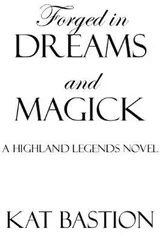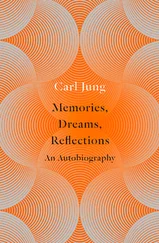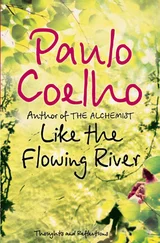After the Nazis came in of course everything changed. She could easily have left. She had done her first Hollywood film test in the early thirties and they wanted her out there. I could never understand why she didn’t just go. She said it was because she couldn’t leave her people, and there always was something really rather noble about my mother in a crisis. She came of age in a time of perpetual crisis – afterwards, normal life was a little more difficult for her. My father admired my mother’s courage. Theirs was a classic wartime romance. Afterwards, they must have found out just how incredibly different they were. The romance of the war, the danger they found themselves in – Glynn was a spy and Eva his connection – was very romantic. And Eva was so beautiful – but of course very, very spoilt, and Glynn was not the sort of person who was going to indulge her whims.
When I was young my mother still had extravagant habits. Even in little things there was a huge difference between Eva’s and Glynn’s attitudes. As a child I used to spread oodles of butter on my toast – heart-attack amounts. I’d lather it on so thickly that you could barely see the toast. My father would go absolutely nuts.
‘What on earth do you think you’re doing?’ he would growl, eyeing the ton of butter on my toast. And this would cause rows between my parents, with my mother saying, ‘She can put on any amount she wants to.’ And this would go on and on. I guess it was just before the end of post-war rationing that in Britain went on right into the mid-fifties.
The war had taught my father to be frugal, but it had taught my mother something altogether different. The war years in Vienna had been very hard for her – there was no margarine, let alone butter – so she decided that now was the time to have as much butter as possible, not to mention anything else that had been rationed. As a child I would have mounds of cherries and apples and bananas. I loved Eva’s domestic recklessness, but as she got older my mother became more like my father, a change in attitude that I could hardly believe. In her mind she went back to the austerity of the war years; I think a lot of this had to do with her friends, who were far more effective at curbing her extravagances than my father ever was. My mother ended up very like Henrietta’s – the ‘mustn’t grumble’ approach to life that came out of the war years. I remember as she got older, when she would run a bath, she would only fill it up four inches, and I would say: ‘Why are you doing that? Why don’t you pour yourself a really good bath, because your back’s bad and it would be so good for you.’
Конец ознакомительного фрагмента.
Текст предоставлен ООО «ЛитРес».
Прочитайте эту книгу целиком, купив полную легальную версию на ЛитРес.
Безопасно оплатить книгу можно банковской картой Visa, MasterCard, Maestro, со счета мобильного телефона, с платежного терминала, в салоне МТС или Связной, через PayPal, WebMoney, Яндекс.Деньги, QIWI Кошелек, бонусными картами или другим удобным Вам способом.












